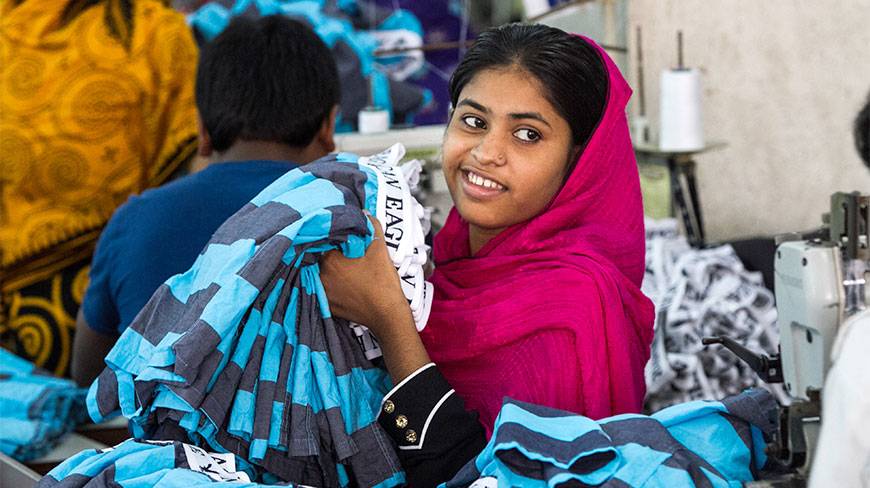The factories that make garments in sub-contracts fear factory closures as buyers have not increased making charges following the new wage structure was introduced.
Payment of wages has become a difficult challenge for them, the owners said, adding supply orders have also fallen.
The subcontracting factories cut and make garments in contracts and are paid for it, which is known as cutting and making (CM) charge.
Of the payment made by the buyers for a manufactured product, the subcontractors get 40-50% while the exporters receive the remaining part.
Around 1,200 factories do such jobs in Bangladesh employing nearly 10 lakh workers, said Bangladesh Garment Manufacturers and Exporters Association (BGMEA).
Wishing anonymity as a sub-contracting factory owner said the buyers promised to increase the CM charge after the implementation of the new wage structure,“but they have not increased it so far.”
Apart from it the subcontractors were also suffering fall in orders compared to their factory capacity, he said, fearing the situation may even lead to the closure of some factories.
“I have not received any order this month yet, but I will have to pay the workers’ salaries,” said another apparel subcontractors.
“If the situation continues, there will no choice left but shut down the factory where over 700 workers are employed,” he said.
While talking to the Dhaka Tribune, a group ofsuch factory owners suggested three points to overcome the present problems.
They include implementation of the government-proposed incentives, special utility service rate including gas, electricity and waterand continuation of incentives for searching new markets.
The most important thing is to increase the CM as the production cost has increased substantially in last few years, they said.
“New wage has become a burden for the sub-contracting factory owners. We have urged the buyers to raise payment for products,” said BGMEA president Atiqul Islam.
He stressed the need to enhance workers’ productivity to minimise cost.
The bank loans at low interest rate and government incentives can improve financial conditions of sub-contracting factories, said Atiqul Islam, He added a proposal in this regard had been placed for government consideration.
Currently, the subcontracting factories are not allowed to perform the job for the supplier without permission of the respective buyers.
“It is another problem for the makers in getting orders,” said Shahidullah Azim, vice president of BGMEA.
“A good number of factory owners are on the brink of lay-offs, risking the jobs of around 8 lakh workers,” he said.
On November 21 last year, a minimum wage of Tk5,300 was announced for the garment workers, with 77% rise from the previous structure.
Source: UNBconnect










